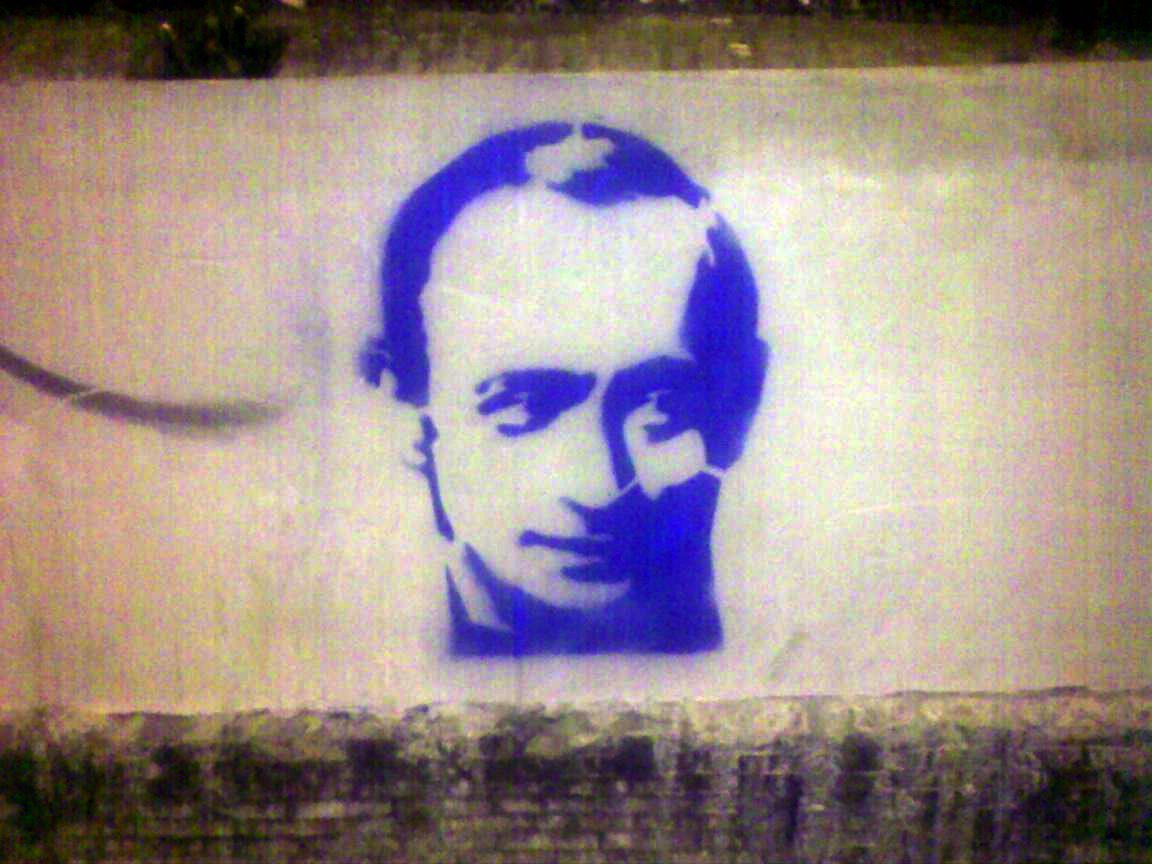
This article was originally published by the War on the Rocks on 4 January, 2016.
On the last day of 2015, Vladimir Putin put his signature on the decree adopting Russia’s new National Security Strategy out to 2020. Inevitably it is something to pore over looking for clues about Putin’s future intentions and the Kremlin’s assessment of the risks and opportunities ahead. The document can be downloaded as a PDF from the Kremlin website, and there is a pretty decent overview of the main points from RT.
In comparison with the last strategy, adopted in 2009, it comes across at first blush as pretty extreme. The new document contains fiercer and more explicit criticism of the West. The key issue is what Moscow calls the West’s efforts to “levers of tension in the Eurasian region” in order to undermine Russian national interests. In particular, the strategy condemns “the support of the United States and the European Union of an unconstitutional government coup in Ukraine which has led to a deep schism in Ukrainian society and the outbreak of armed conflict.”

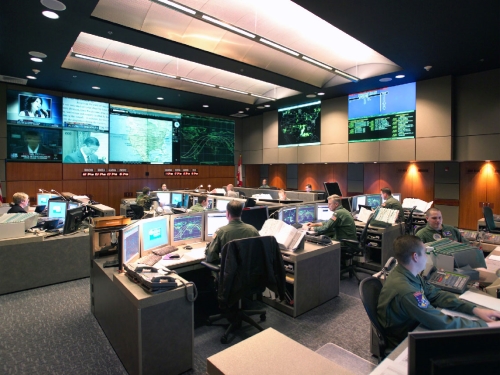
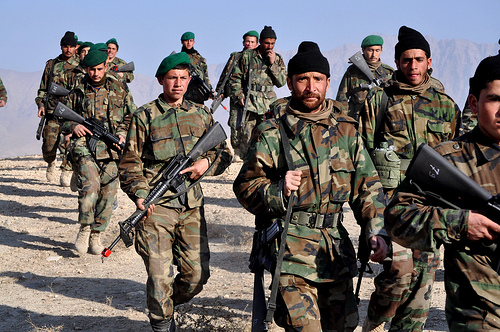
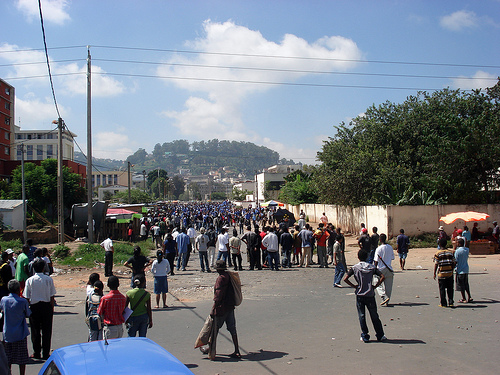
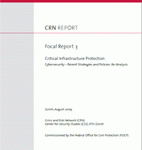 The CSS Expert Community “Crisis and Risk Network” (
The CSS Expert Community “Crisis and Risk Network” (